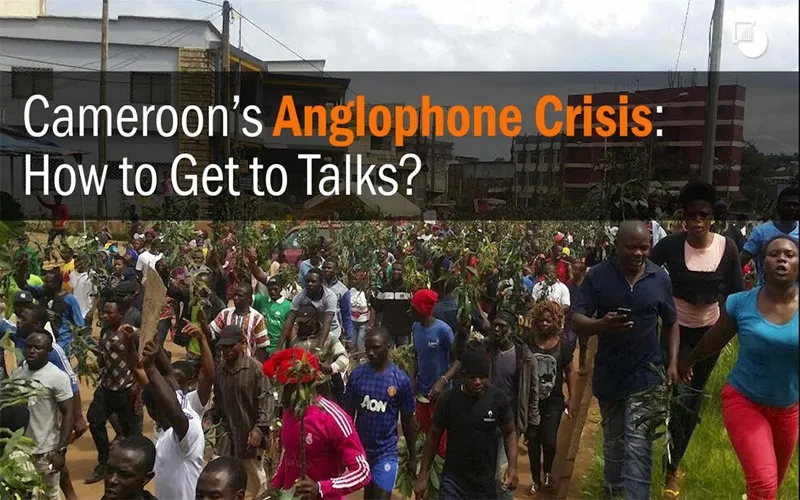Yaounde, 18 February, 2020 / 9:39 am (ACI Africa).
Against the backdrop of the most recent case of killings in Cameroon’s Northwestern region that saw up to 22 people lose their lives including a pregnant woman and children, Catholic bishops from around the world have, in a collective statement dated Monday, February 17, called on President Paul Biya’s government to be part of the “proposed Swiss-led peace talks”.
On Friday, February 14, up to 22 civilians were killed in Cameroon’s troubled English-speaking region, including a pregnant woman and several children, a controversial incident that has seen the country's opposition blame the country’s army for conducting a massacre on Ngarbuh villagers and the government attributing the deaths to an “unfortunate accident” due to a fuel explosion.
In a Press Statement from Cameroon’s Ministry of Defense Monday, February 17 availed to ACI Africa, the army spokesman, Colonel Cyrille Atonfack Guemo denies the massacre claims terming them “false allegations.”
“It was quite simply an unfortunate accident, the collateral result of security operations in the region,” the army spokesman states in his February 17 Press Release and confirms, “Five civilians – woman and four children – died, and seven terrorists were neutralized.”
Aware of this incident and many others that have resulted in massive loss of lives and displacement of populations in the Central African nation of Cameroon, some 16 Catholic Bishops from 10 nations across the globe have reached out to the President of the republic in a collective statement.








